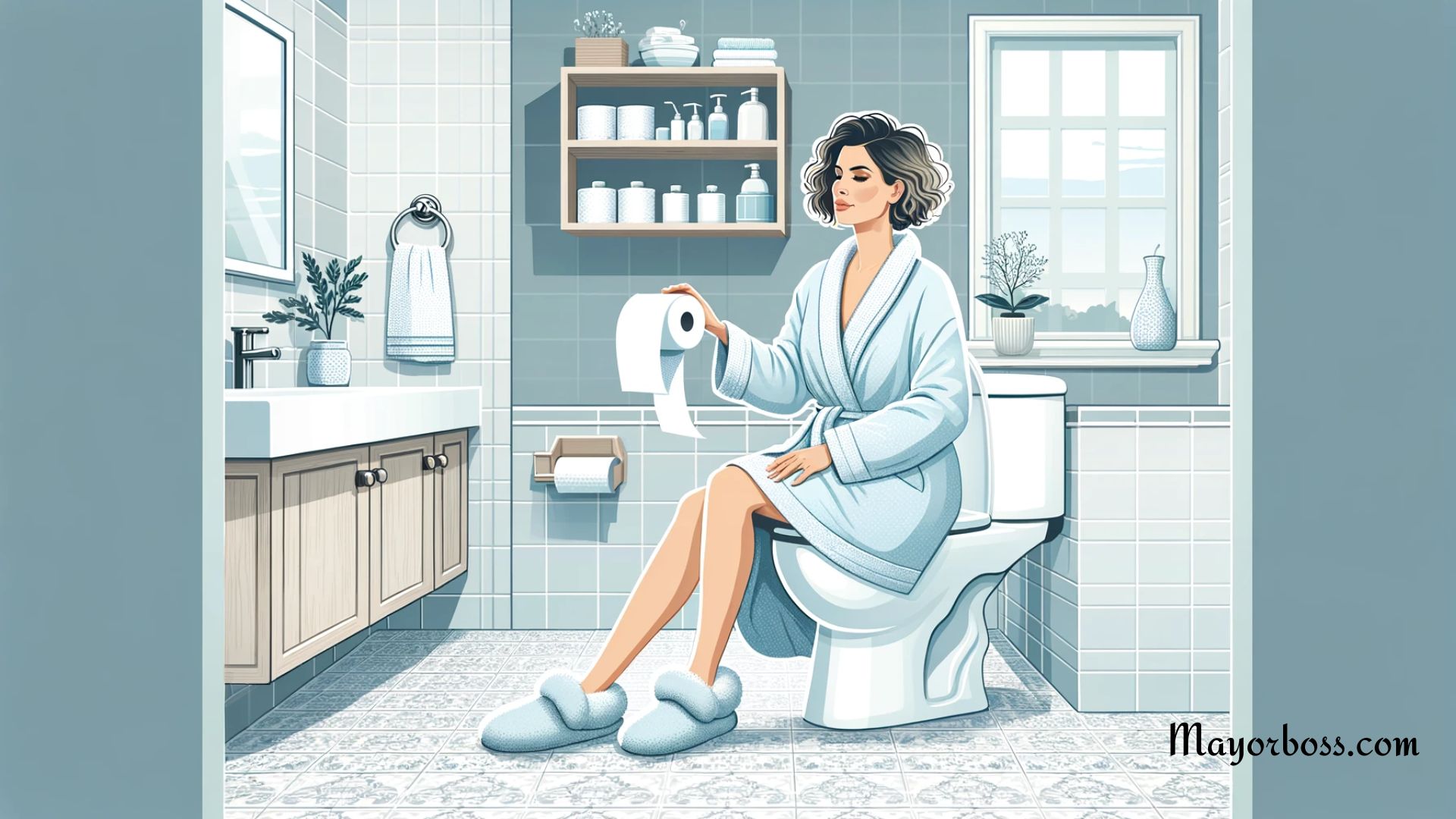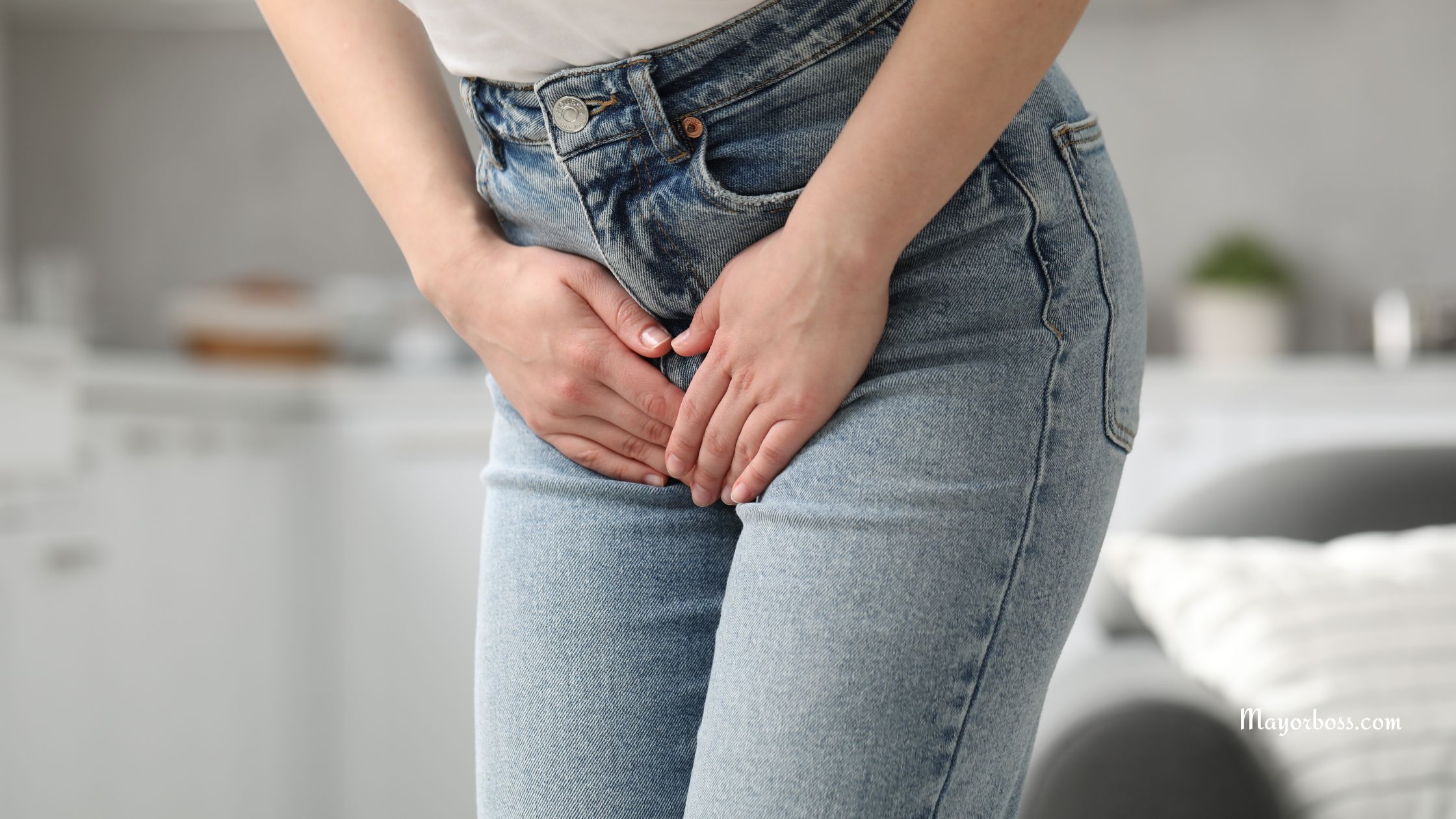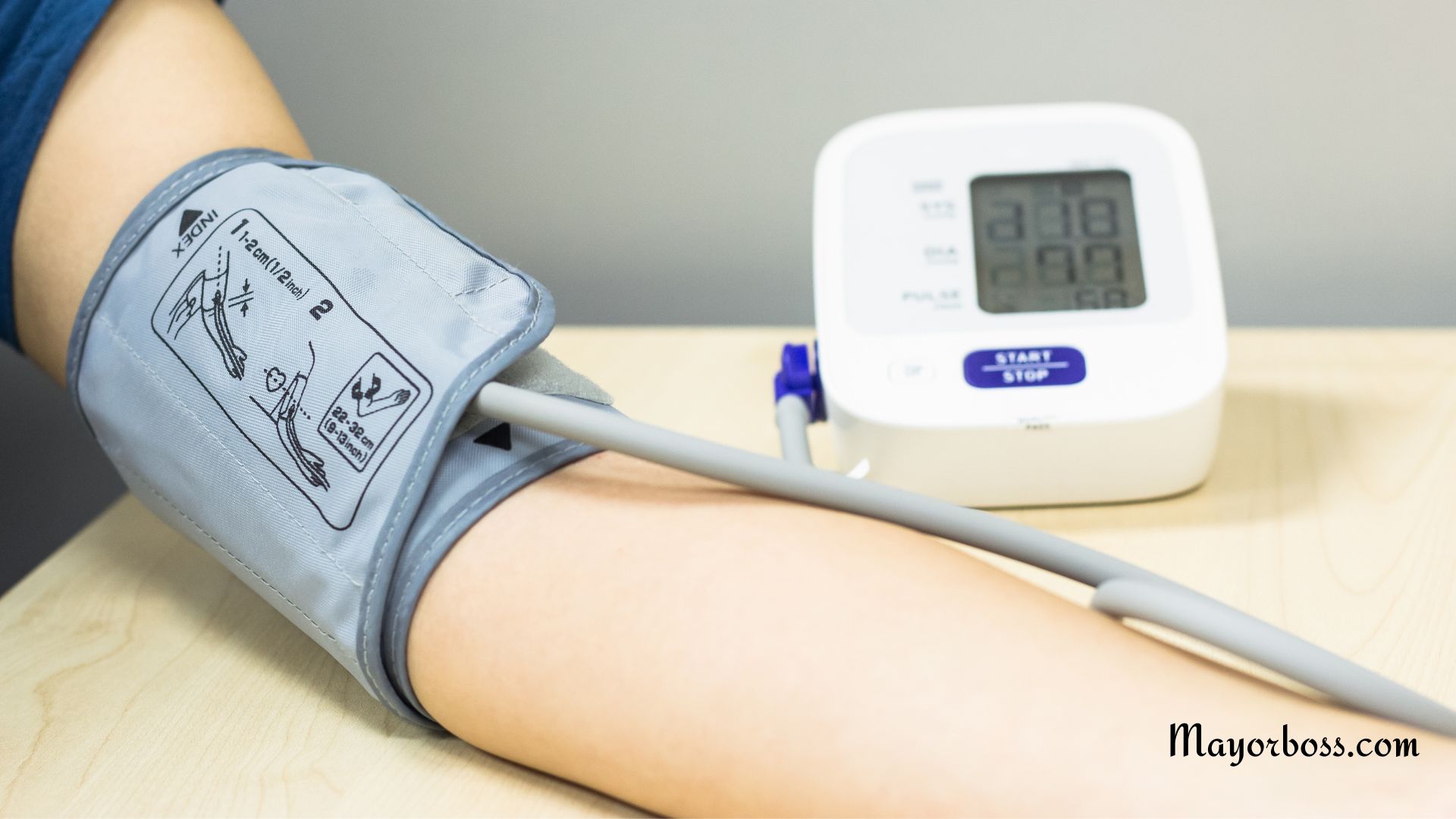What Are The Most Common Causes Of Clear Urine?
Why is my urine clear? Is clear urine always a good thing? Clear urine (pee) can seem healthy at first glance, but it may also signal certain health conditions or lifestyle habits. Usually, it’s nothing serious, but understanding why your urine is clear can help keep your health in check. Here’s a quick look at the most common causes.

Drinking Too Much Water
The simplest reason your urine is clear is that you’re drinking plenty of water. When you’re very hydrated, your kidneys remove excess fluid, causing completely clear, almost colorless urine. This is typically a good sign that you’re well-hydrated. However, consistently clear urine might indicate you’re drinking more water than necessary, possibly diluting essential electrolytes in your body.
Diuretic Medications
Taking certain medications called diuretics (water pills) can also cause clear urine. These drugs increase urine production to remove extra fluid from your body, thereby leading to frequent urination and clearer urine. Commonly prescribed for high blood pressure, heart conditions, or edema (fluid retention), diuretics include medications such as hydrochlorothiazide, furosemide, and spironolactone.
Diabetes Mellitus
Clear urine can sometimes, though, be an early sign of diabetes mellitus, particularly if accompanied by excessive thirst or frequent urination. When blood sugar levels become too high, your kidneys work harder to remove excess glucose, increasing the amount of urine you produce. If you notice clear urine along with intense thirst or increased urination, consider getting tested for diabetes.
Diabetes Insipidus
Another type of diabetes called diabetes insipidus (different from diabetes mellitus) can cause clear urine. This rare condition affects how your body handles fluid due to inadequate production or response to the antidiuretic hormone (ADH). It leads to large amounts of diluted urine, excessive thirst, and frequent urination. Diabetes insipidus requires medical evaluation and treatment.
Kidney Issues
Occasionally, clear urine can indicate kidney issues, such as chronic kidney disease. When kidneys struggle to concentrate urine properly, the urine may become clearer than normal. While not the most common cause, consistently clear urine paired with fatigue, swelling, or changes in urination frequency should prompt medical evaluation.
Pregnancy
During pregnancy, many women experience increased thirst and drink more water, leading to clear urine. Additionally, hormonal shifts and increased kidney function can contribute to diluted urine. Clear urine alone isn’t usually concerning in pregnancy, but consistently clear urine with extreme thirst or swelling should be evaluated by your doctor.
Alcohol Consumption
Alcohol acts as a diuretic, causing your body to flush out fluid quickly. If you drink alcohol, especially in large amounts, your urine may turn clear due to rapid fluid loss. This clear urine is temporary and usually returns to normal color once alcohol leaves your system.
Liver Issues (Rare Cases)
In rare instances, liver problems such as liver cirrhosis or hepatitis may cause clear or very pale urine. Typically, liver disease urine is darker, but certain metabolic changes might occasionally produce clearer urine. If you suspect liver issues, look for other symptoms like yellowing skin, abdominal discomfort, or fatigue.
When Should You Worry?
Clear urine alone typically isn’t a reason to worry, especially if your hydration is high. However, consider contacting your doctor if clear urine is accompanied by:
- Extreme thirst or frequent urination
- Sudden swelling in legs or feet
- Fatigue or weakness
- Unexpected weight loss
- Painful or burning urination
Final Thoughts
Clear urine usually means you’re staying hydrated—generally a positive thing. But if clear urine occurs with unusual symptoms or without clear cause, it’s always a good idea to speak with your healthcare provider.






